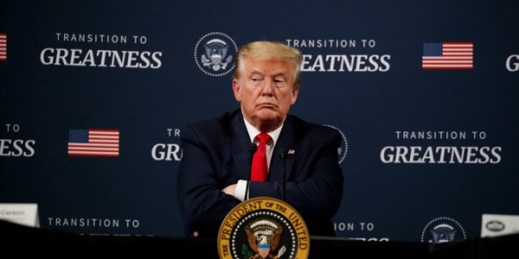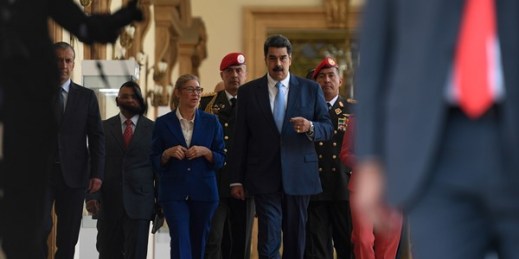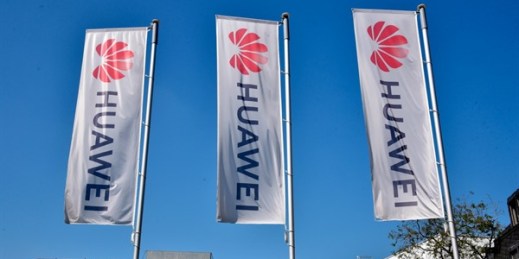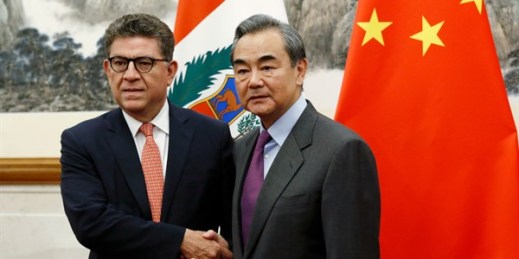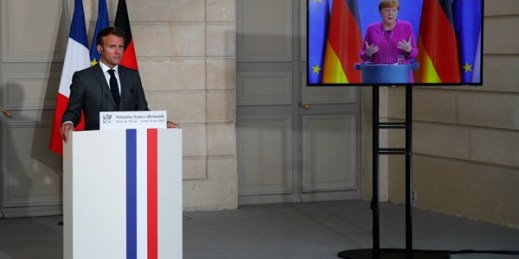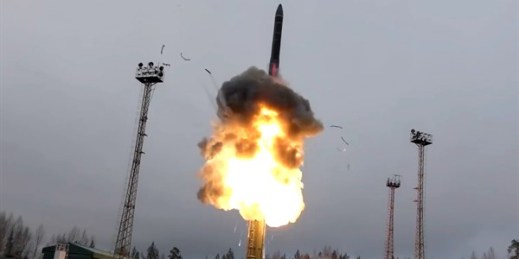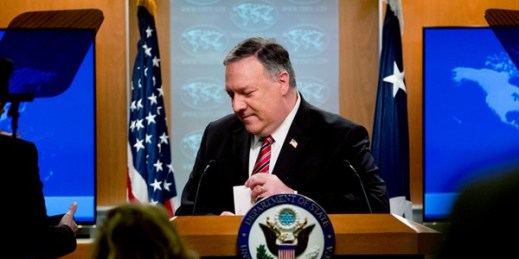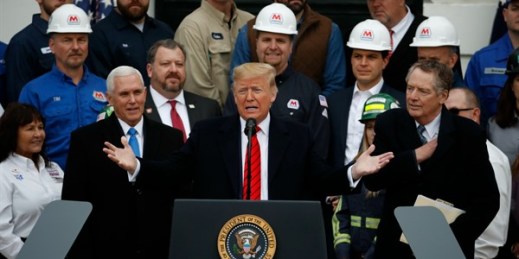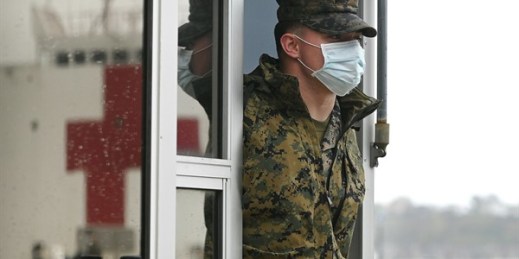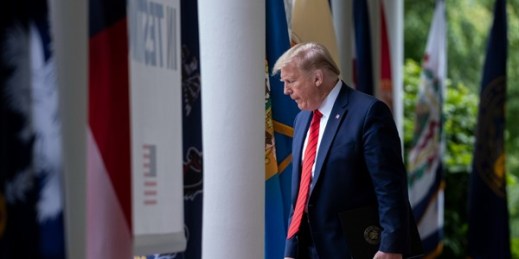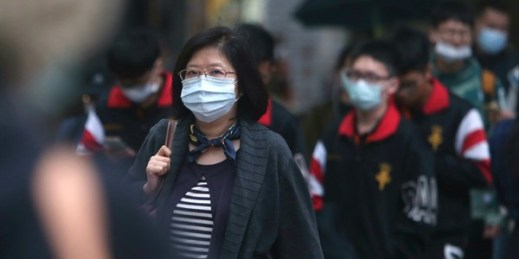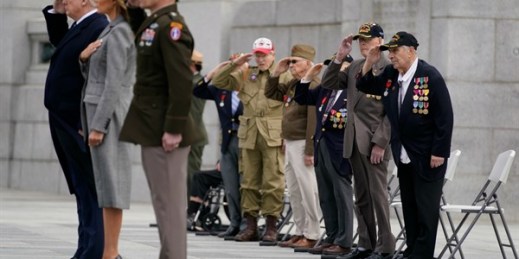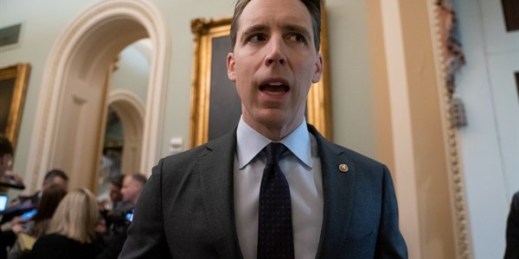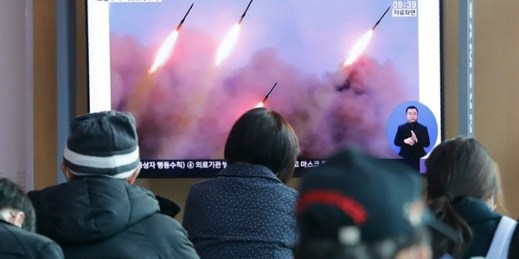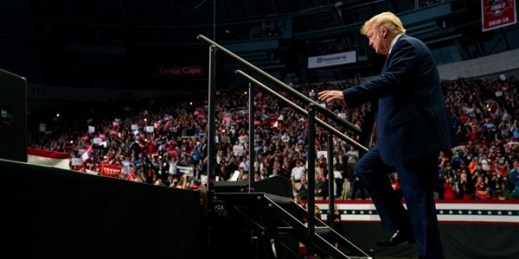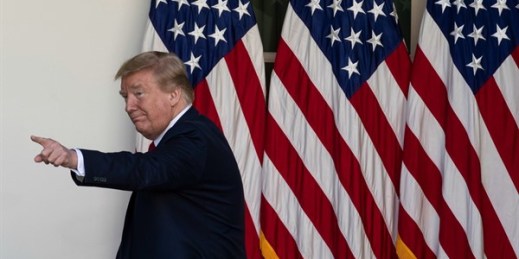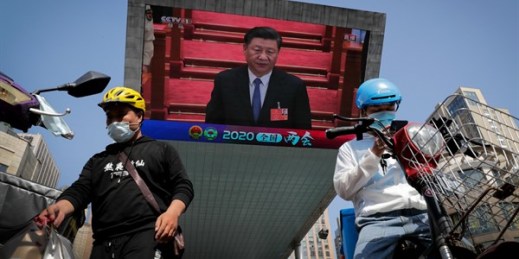
In this week’s editors’ discussion on Trend Lines, WPR’s Judah Grunstein and Freddy Deknatel talk about China’s latest encroachment on Hong Kong’s autonomy, and how it might affect U.S.-China relations. They also discuss the Trump administration’s latest move to finish off the multilateral nuclear deal with Iran, and the outdated logic guiding the administration’s Iran policy more generally. Listen: Download: MP3Subscribe: Apple Podcasts | RSS | Spotify Relevant Articles on WPR:Why China’s Xi Opted for the ‘Nuclear Option’ in Hong KongChina’s Aggression Amid the Pandemic Has Little to Do With COVID-19Trump’s Iran Strategy Is Still Just an Anti-Obama VendettaThe Trump […]

